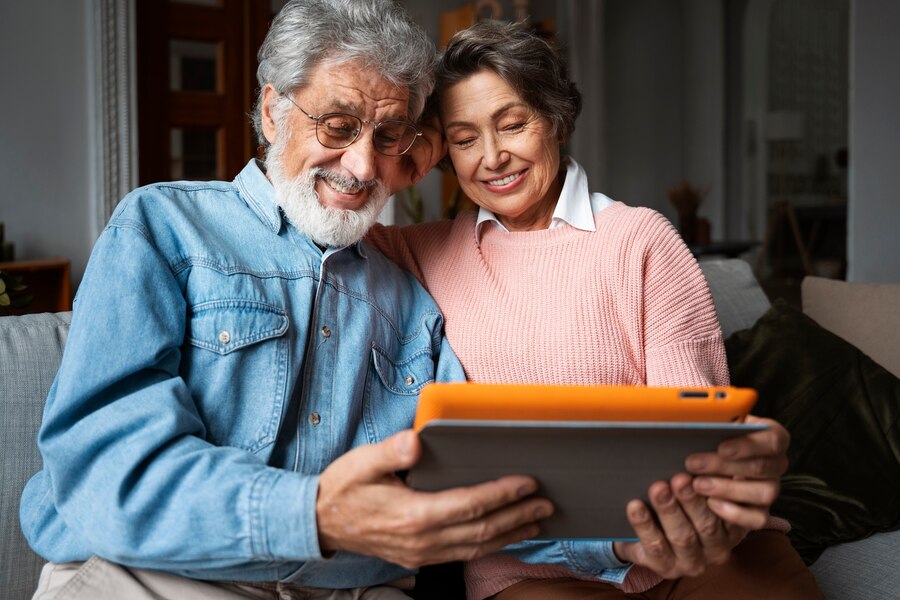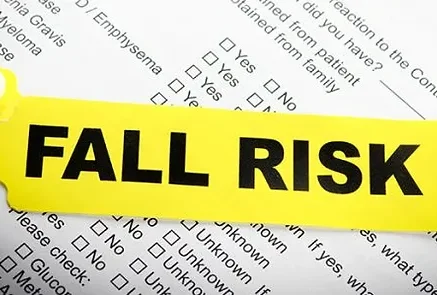As COVID19 creates havoc, there are many false news and information out there in the public about this disease. While organisations like WHO, CDC and ICMR have clearly stated that there many things that we are still unsure about this virus, there has been tremendous information coming in from unauthorised sources on the prevention, treatment and management of this epidemic.
We bust 10 common myths surrounding COVID 19.
1. Exposing yourself to the sun or to high temperatures DOES NOT prevent the coronavirus disease (COVID-19)
You can catch COVID-19, no matter how sunny or hot the weather is. Countries with hot weather have reported cases of COVID-19. To protect yourself, make sure you clean your hands frequently and thoroughly and avoid touching your eyes, mouth, and nose.

2. Drinking alcohol DOES NOT protect you against COVID-19 and can be dangerous
Frequent or excessive alcohol consumption can increase your risk of health problems.

3. Taking a hot bath DOES NOT prevent the new coronavirus disease
Taking a hot bath will not prevent you from catching COVID-19. Your normal body temperature remains around 36.5°C to 37°C, regardless of the temperature of your bath or shower. The best way to protect yourself against COVID-19 is by frequently cleaning your hands. By doing this you eliminate viruses that may be on your hands and avoid infection that could occur by then touching your eyes, mouth, and nose.

4. Mosquitoes DO NOT transmit COVID19.
To date there has been no information nor evidence to suggest that the new coronavirus could be transmitted by mosquitoes. The new coronavirus is a respiratory virus which spreads primarily through droplets generated when an infected person coughs or sneezes, or through droplets of saliva or discharge from the nose.

5. Hand dryers and Ultra violet lights ARE NOT effective in killing COVID19 virus.
To protect yourself against the new coronavirus, you should frequently clean your hands with an alcohol-based hand rub or wash them with soap and water. Once your hands are cleaned, you should dry them thoroughly by using paper towels or a warm air dryer.

6. Thermal scanners CAN NOT detect all the people infected with the new coronavirus
Thermal scanners are effective in detecting people who have developed a fever (i.e. have a higher than normal body temperature) because of infection with the new coronavirus. Fever can be due to other reasons too. Fever is only one of the many symptoms of the COVID19. Moreover, they cannot detect people who are infected but are not yet sick with fever. This is because it takes between 2 and 10 days before people who are infected become sick and develop a fever.

7. Spraying alcohol or chlorine all over your body DO NOT kill the new coronavirus inside the body.
Spraying such substances can be harmful to clothes or mucous membranes (i.e. eyes, mouth). Be aware that both alcohol and chlorine can be useful to disinfect surfaces, but they need to be used under appropriate recommendations.

8. Vaccines against pneumonia DO NOT protect you against the new coronavirus
Vaccines against pneumonia, such as pneumococcal vaccine and Haemophilus influenza type B (Hib) vaccine, do not provide protection against the new coronavirus. The virus is so new and different that it needs its own vaccine.

9. Eating garlic, drinking Kashayams (Herbal drinks) and taking herbal products DO NOT prevent infection with the new coronavirus
Garlic and herbal products are healthy food and supplements that may have some antimicrobial properties. However, there is no evidence from the current outbreak that taking these products have protected people from the new coronavirus.

10. Antibiotics are NOT effective in preventing and treating the new coronavirus.
The new coronavirus (2019-nCoV) is a virus and, therefore, antibiotics should not be used as a means of prevention or treatment. However, if you are hospitalized for the 2019-nCoV, you may receive antibiotics because bacterial co-infection is possible.

Source: Myth busters. (n.d.). Retrieved from https://www.who.int/emergencies/diseases/novel-coronavirus-2019/advice-for-public/myth-busters



